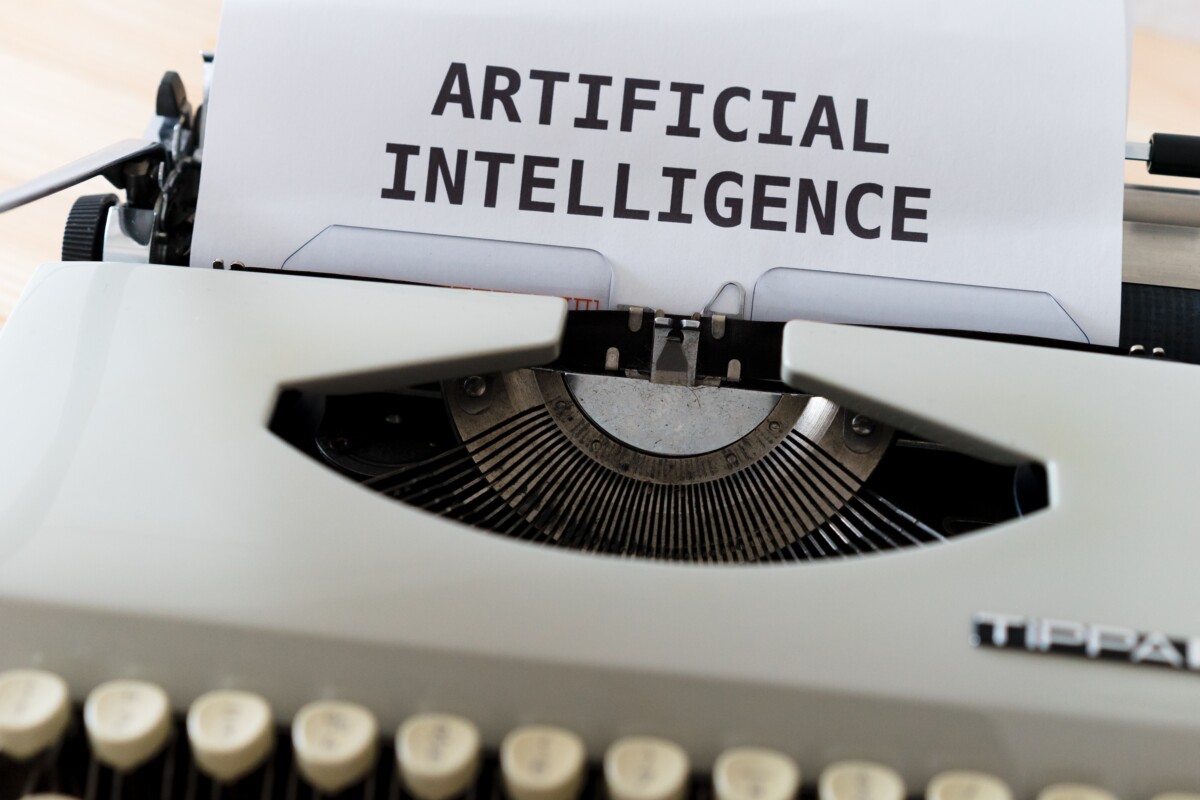The Ottawa Sport Council is hosting its ninth annual Ottawa Sport Summit, “The Past, Present, and Future of Community Sport in Ottawa,” on Saturday, November 18, at the RA Centre (Clark Hall). As the event approaches, it’s a great time to reflect on the role of artificial intelligence (AI) in sport, both presently and in the future. AI is already playing a pivotal role in changing the way we experience and consume sports. It has been making inroads into various industries and sectors, including sports, for several decades. To learn more about this topic and similar factors that can influence the future of sport, register for the Ottawa Sport Summit before November 16.
According to Infront Sport, AI dates back to the 1950s, when researchers began to test whether machines could mimic human intelligence. Since then, simple rule-based models have evolved into expert systems and machine learning. The rapid development of these systems in the last few years has seen an increase in usage to enhance sport for all.
AI is transforming the sport industry in many ways. It is making the training process competitive and more efficient. It is also helping to analyze and predict athletes’ performance. Here are some of the most exciting AI use cases in sport:
- AI Referees: In many sports, referees have to make decisions about goals based on little information. With an AI referee, big decisions that can change the outcome of a game can be judged more accurately. By using this technology, the sport industry makes sport events fairer, more rule-abiding, and brings more objectivity to the decisions of the referees.
- Player Performance Analysis: AI can be used to analyze large amounts of data to identify patterns and trends. This information can be used to improve player performance, make strategic decisions, and better understand the game.
- Virtual Reality Training: AI can be used to create virtual reality environments that can be used for training and player development.
- Automated Sports Journalism: AI can be used to create automated sports journalism that can provide real-time updates on games and events.
While the benefits of AI in sport are significant, there are also challenges and ethical considerations to address. Privacy concerns, data security, and the potential for biased algorithms are among the key challenges that need to be addressed to ensure responsible and fair use of AI in sports.
Despite these challenges, there are many ways stakeholders can make AI work for them without losing the human touch. The impact AI is having on the sport industry beyond technology is clear: it’s transforming how we experience sports.
One of the potential future developments is the use of virtual and augmented reality technology. According to the Mastercard Sport Economy Index 2023, over a quarter of European sport fans have already experienced sport via VR . That report states that “VR also looks set to form a key part of the stadium of the future, with 21% of fans hoping to experience immersive technology that demonstrates what it feels like to be an athlete on matchday.”
In community sport environments, there are many potential applications for AI that could help improve player performance while also making it more accessible for everyone involved.
- Injury Prevention: One potential application for AI in community sport environments is injury prevention. By analyzing data from wearable devices such as smartwatches or fitness trackers, coaches can identify patterns that may indicate an increased risk of injury. This information can then be used to adjust training programs or provide additional support where needed.
- Customized Training Programs: Another potential application for AI in community sport environments is customized training programs. By analyzing data from wearable devices or other sources such as video footage or biometric data, coaches can create customized training programs tailored to each athlete’s specific needs.
- Improved Scouting: AI can also be used to improve scouting by analyzing data from games or practices. This information can then be used by coaches or scouts to identify potential recruits or areas where players need additional support.
- Fan Engagement: Finally, AI can be used to improve fan engagement by providing real-time updates on games or events. This could include everything from live scores and statistics to social media updates or interactive experiences.
In summary, AI has many potential applications in community sport environments. While there are challenges and ethical considerations that need addressing before we can fully realize its potential, it’s clear that AI will continue transforming how we experience sports. To learn more on this AI capabilities in sport, check out some of the resources below:
- “Does AI spoil the naturalness of sports?” – Dataconomy is an organization that provides news, insights, and analysis on data science, big data, and artificial intelligence. They have an article that provides examples of how AI is being used in sports.
- “Decoding the Ethics of AI in Sports: Fairness, Performance, and Integrity” – TS2 Space discusses the ethics of AI in sports and how it can be used to level the playing field for everyone.
- “3 artificial intelligence tools that can aid sport organizations’ communications efforts” – this article by the SIRC discusses how artificial intelligence tools can help sport organizations.
- “The AI revolution in Sports” – this article by the Peak discusses the AI revolution in sports and how it is transforming the industry.

